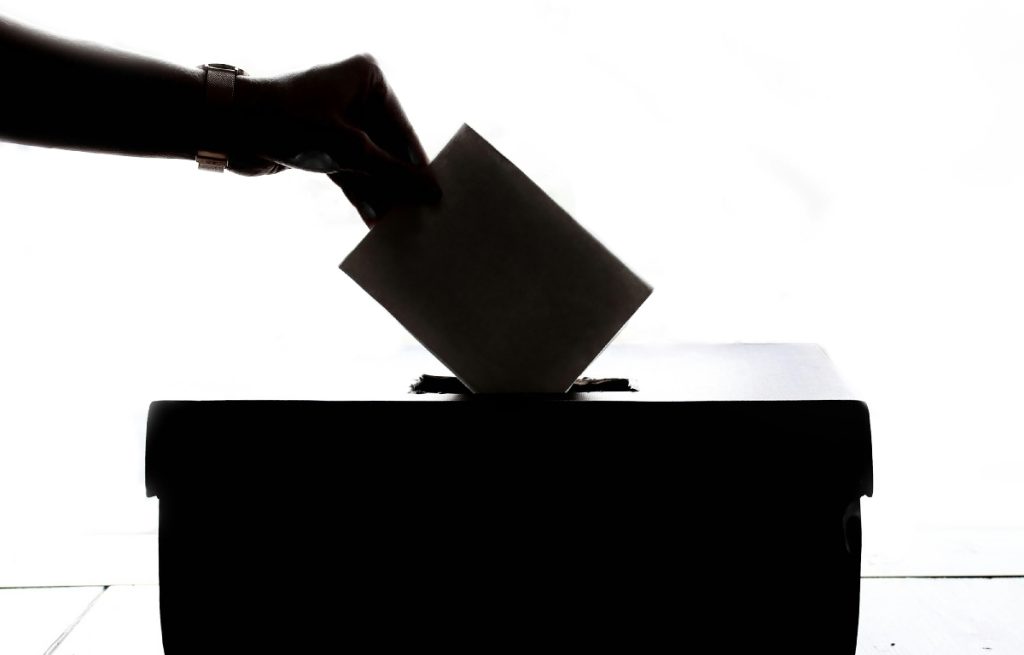Listen to the article
Social Media’s Double-Edge: Misinformation Threatens Electoral Integrity Across Southeast Asia
Social media platforms have become vital channels for regional communication and cultural exchange across Southeast Asia, enabling rapid news dissemination and fostering greater public awareness on critical issues. However, these digital spaces also present significant risks, particularly through the spread of false information that can undermine democratic processes.
According to the World Economic Forum’s Global Risk Report 2024, misinformation and disinformation now rank as the top short-term global risk, surpassing even extreme weather events. This threat is particularly acute during elections, where deliberately spread falsehoods (disinformation) and unintentionally shared incorrect information (misinformation) can severely damage public trust.
Southeast Asia faces heightened vulnerability due to its exceptionally high social media penetration rates and mobile-first internet consumption patterns. The region’s citizens spend more time online than global averages, creating fertile ground for false information to flourish, especially as artificial intelligence advancements enable increasingly sophisticated disinformation campaigns.
The 2024 Indonesian presidential election exemplified these challenges. With an internet penetration rate of 67% and social media usage at 74% of the population, digital platforms became central to political engagement. However, they also facilitated widespread distribution of manipulated content that likely influenced voter perceptions.
One notable example was a deepfake video featuring an audio clip allegedly of Surya Paloh, National Democratic Party Chairman, criticizing presidential candidate Anies Baswedan. Another manipulated video showed deceased former President Suharto apparently delivering a speech supporting the Golkar Party.
These incidents occurred within a complex regulatory landscape that varies significantly across the region. While some platforms implement robust content moderation through fact-checking and content labeling, others provide minimal oversight, creating regulatory gaps where misleading content can proliferate. According to the Bureau of Investigative Journalism, over 8,000 AI-manipulated video advertisements containing altered political content circulated on Facebook in just the first half of 2024.
Research by ISEAS–Yusof Ishak Institute has found that online disinformation campaigns reinforce selective exposure and belief patterns. Voters are more likely to accept false information that aligns with their existing political preferences, potentially deepening societal polarization.
Malaysia experienced similar issues during its 2022 general election when TikTok became a vehicle for inflammatory content promoting ultra-Malay nationalist agendas. Despite government intervention and ByteDance’s removal of thousands of posts, manipulated content remained accessible long after voting concluded.
As the Philippines and Singapore prepare for anticipated general elections this year, addressing these challenges becomes increasingly urgent to protect democratic processes and prevent further societal polarization.
Social media platforms can strengthen their response by enhancing fact-checking partnerships and demonetizing content that spreads disinformation. Research shows that warnings based on third-party fact-checking effectively slow misinformation spread, yet some companies are moving away from these programs toward community-driven systems.
A particular challenge in Southeast Asia is that content often appears in local languages with deep cultural nuances that automated systems struggle to detect. Increased investment in human fact-checkers familiar with local contexts and improved technology to overcome localization obstacles would significantly improve content moderation effectiveness.
Governments across the region face the challenge of updating legal frameworks to address emerging digital threats. Indonesia’s 2017 election law, for instance, prohibits direct attacks between candidates but lacks provisions addressing sophisticated digital manipulation. Malaysia has implemented a comprehensive regulatory approach through multiple laws, but these require continual reassessment to remain effective against evolving threats.
Singapore’s recent Elections (Integrity of Online Advertising) (Amendment) Bill represents a promising step forward by directly addressing election-related deepfakes and digital manipulation. The bill prohibits publishing altered content that misrepresents candidates and holds them accountable for knowingly making false declarations.
ASEAN nations could benefit from regional cooperation, potentially developing shared standards and regulations for content moderation while pooling resources and expertise to combat misinformation more effectively.
Ultimately, individual citizens bear significant responsibility for developing robust digital literacy skills. As manipulation techniques grow more sophisticated, the ability to critically assess information, recognize misinformation, and verify sources becomes essential for making informed electoral decisions.
The upcoming elections in Southeast Asia highlight the urgent need for collaborative action between platforms, governments, and citizens to protect democratic integrity in an increasingly complex digital landscape.
Fact Checker
Verify the accuracy of this article using The Disinformation Commission analysis and real-time sources.



